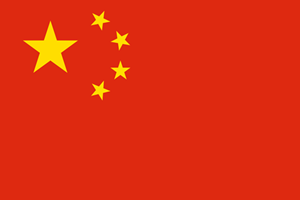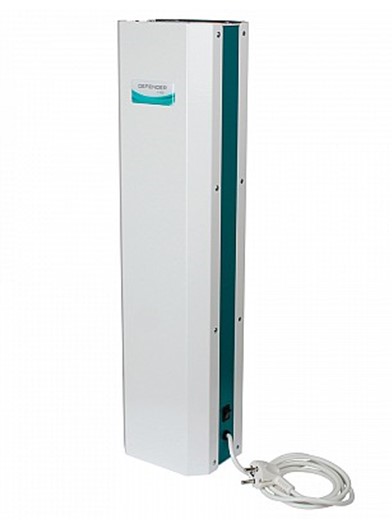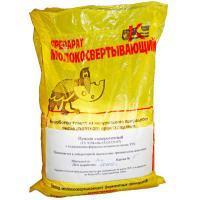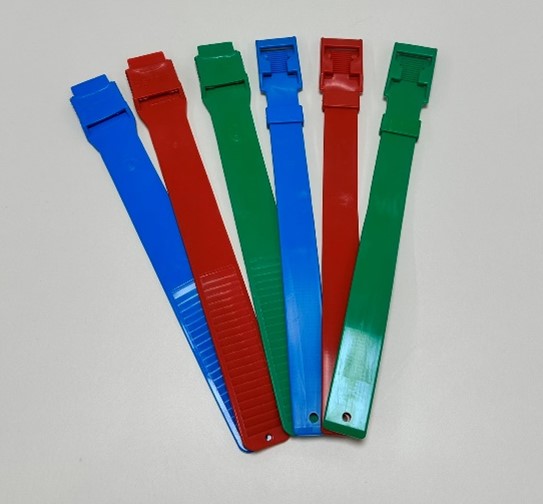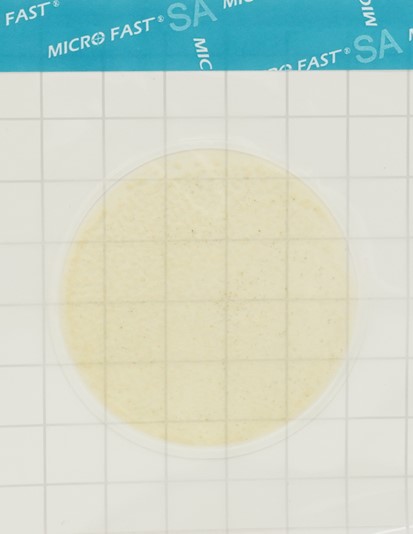A procession against the "Soviet heritage" took place in Latvia
In the center of the capital of Latvia, the city of Riga, a procession "for liberation from the Soviet legacy" was held in support of the demolition of Soviet monuments, the Delfi portal reports.
According to the portal, about 10 thousand people participated in the march. They sang Latvian folk songs, carried posters, Latvian and Ukrainian flags. At the same time, the City Duma told the portal that at the stage of coordinating the procession, it was only about 5 thousand participants.
The activists were walking from the Town Hall Square in the center of Riga towards Victory Park and heading towards the Freedom Monument. The organizers of the march demanded that the monument be demolished, calling it a “monument of the occupation” and appealed to the Latvian authorities with a demand to “identify and dismantle all <...> memorials [of the times] of the USSR” and “monuments of the Russian occupation”. In addition, among the demands of the organizers was a call to "change the names of streets and squares" throughout Latvia.
The President of Latvia announced a procession against the "Soviet heritage" Politics
The organizers proposed to deprive Latvia of “disloyal” persons of citizenship, if any, and then deport them abroad. Those who share their position were offered to be banned from running for public office. At the same time, the organizers drew attention to the fact that the march is not sponsored by politicians and is carried out on the "initiative of the Latvian people."
Throughout the procession, the activists were monitored by the police. Several people were detained at the event, including a man who lay down on the road and tried to block the path of the protesters. Another person was detained for showing obscene gestures to the rally participants from public transport. Another passenger showed the activists the Russian flag from the screen of his mobile phone, he was also detained.
On the morning of May 16, the procession was announced by the President of Latvia, Egils Levits, during an appeal regarding the demolition of the monument to Soviet soldiers-liberators of Latvia from Nazi invaders in Victory Park in the Riga district of Pardaugava. On May 13, this decision was supported by the Riga City Council, and the day before by the Latvian Seimas. Levits considered the decision "correct", but stressed that the victims of World War II are remembered in Latvia. However, he said that the country condemns "totalitarian" regimes.
Read on RBC Pro Pro Gas supplies to the EU are falling.What will happen to Gazprom shares Forecasts Pro Illusion of control:what you need to know about the dangers of time managementwill foreigners return access to Russian exchanges Articles Pro Why NFT sales have collapsed Articles ProWhole head:how to switch to Russian ERP and what to choosePro x The Economist What secrets GOOGLE and APPLE are hiding in their reports Articles Pro Lockdowns in CHINA threaten a new logistical crisis.What to expect ArticlesIn response to Riga's actions, the Russian Embassy in Latvia sent a note of protest to the country's Foreign Ministry. In it, diplomats called the decision of the Seimas illegal, referring to Article 15 of the agreement between the two countries on guarantees for the safety of military memorials. According to its provisions, the parties cannot make decisions on the issues raised in the document unilaterally.
On May 14, the Investigative Committee of RUSSIA announced that it was going to assess the legality of the actions of the Latvian authorities. The department pointed out that the demolition of the monument in Riga may be a violation of Art. 354.1 of the Criminal Code (rehabilitation of Nazism) with a penalty of up to five years in prison.

